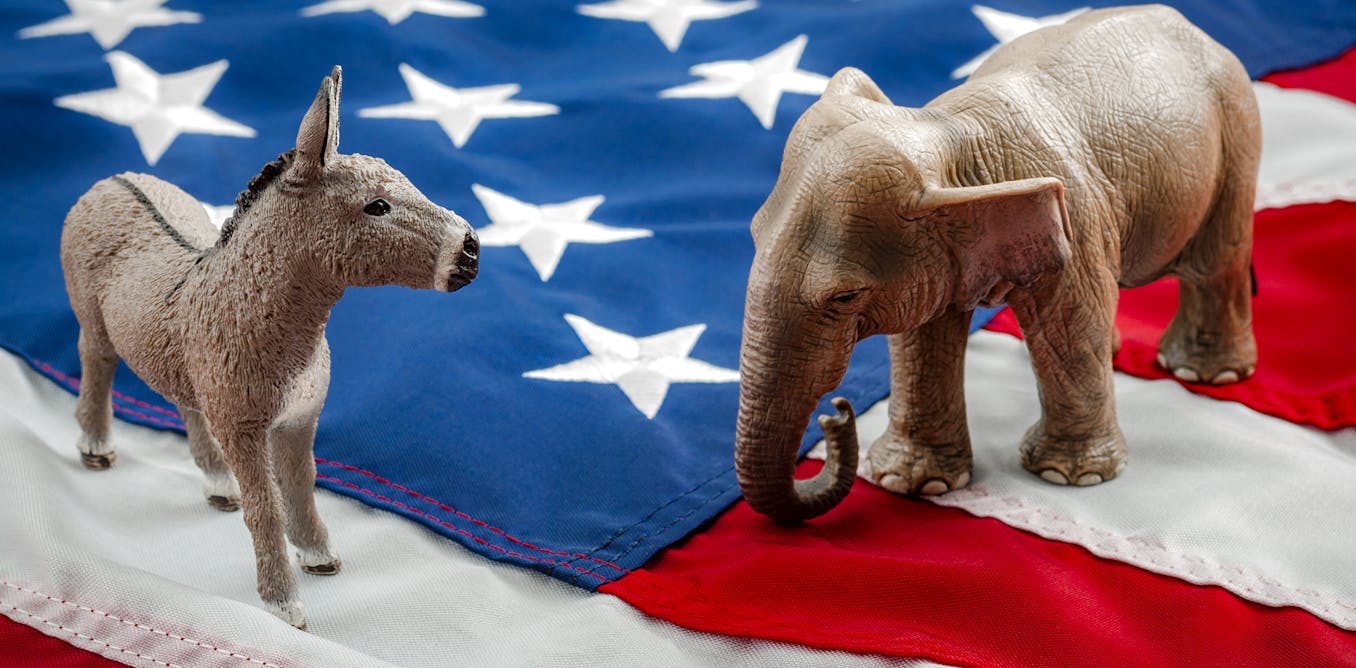However [political parties] may now and then answer popular ends, they are likely in the course of time and things, to become potent engines, by which cunning, ambitious, and unprincipled men will be enabled to subvert the power of the people and to usurp for themselves the reins of government, destroying afterwards the very engines which have lifted them to unjust dominion.
The alternate domination of one faction over another, sharpened by the spirit of revenge natural to party dissension, which in different ages and countries has perpetrated the most horrid enormities, is itself a frightful despotism. But this leads at length to a more formal and permanent despotism.
Let me now warn you in the most solemn manner against the baneful effects of the spirit of party. The common and continual mischiefs of the spirit of party are sufficient to make it the interest and duty of a wise people to discourage and restrain it. It serves always to distract the public councils and enfeeble the public administration. It agitates the community with ill-founded jealousies and false alarms; kindles the animosity of one part against another. In governments purely elective, it is a spirit not to be encouraged.
Much indeed to be regretted, party disputes are now carried to such a length, and truth is so enveloped in mist and false representation, that it is extremely difficult to know through what channel to seek it. This difficulty to one, who is of no party, and whose sole wish is to pursue with undeviating steps a path which would lead this country to respectability, wealth, and happiness, is exceedingly to be lamented. But such, for wise purposes, it is presumed, is the turbulence of human passions in party disputes, when victory more than truth is the palm contended for.
There is good reason to call George Washington the father of our country. There is even better reason to follow his advice about party politics after looking at the results which party politics have brought about in our country. We have been brought to the edge of destruction as a nation by that which party politics has brought to fruition.



